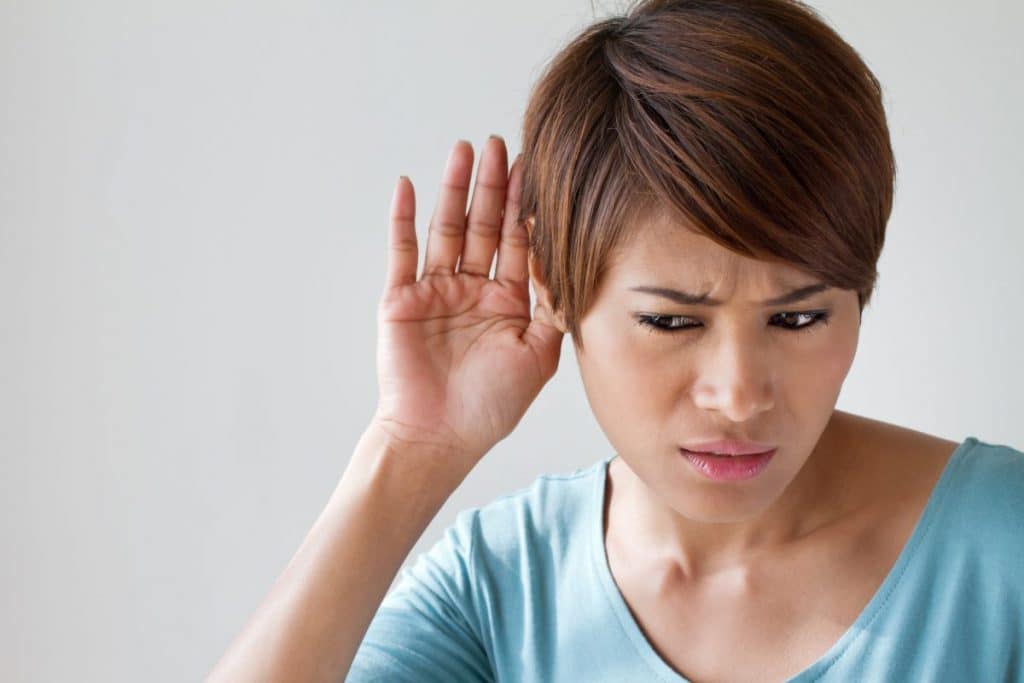It’s a sad fact of life: our hearing goes as we age. But that’s not the only time, not anymore. Noise pollution can also damage your hearing, and it comes from all angles–the busy downtown section your office building is in, your headphones as you work out and any live music event.
In reality, close to 20 percent of everyone in the US has some type of hearing loss–about 48 million people–and percentage climbs even higher once you pass the age of 65. Just the process of aging in general brings about changes in the inner ear, and this can also set off a slow, steady loss of your hearing.
Since so many people suffer from some type of hearing loss, the hearing aid market has evolved, and this has led to more people using aids to amplify sounds in the environment. A new study, however, has shown that hearing aids may offer more than just the ability to hear clearly again.
In this study, reported on in Science Daily (https://www.sciencedaily.com/releases/2019/07/190715094910.htm), researchers took 25,000 people who were age 50 and older and divided them into two groups. One group wore hearing aids and the other did not. For the next two years, both groups underwent cognitive testing. Surprisingly, the results indicated that the people who had the hearing aids did better on these tests–which measured areas such as working memory and attention–than the people who did not wear an aid.
According to Dr. Anne Corbett, lead author on this study, previous research has demonstrated a link between hearing loss and loss of memory, loss of brain function and a higher risk of dementia. This study, per Corbett, is one of the largest of its type to evaluate the impact of wearing a hearing aid as it relates to brain health. While Corbett cautioned this is still an early finding, she added more research is needed into this potentially game-changing finding.
Hearing aids have long moved past the days of big, clunky devices that emit loud beeps and static. The designs today are far more comfortable and often are barely visible, and the benefits of wearing a device to improve your hearing appear to go deeper than the surface. If you think you’re dealing with hearing loss, you may just want to consider an aid for the sake of your hearing and for your brain health.




